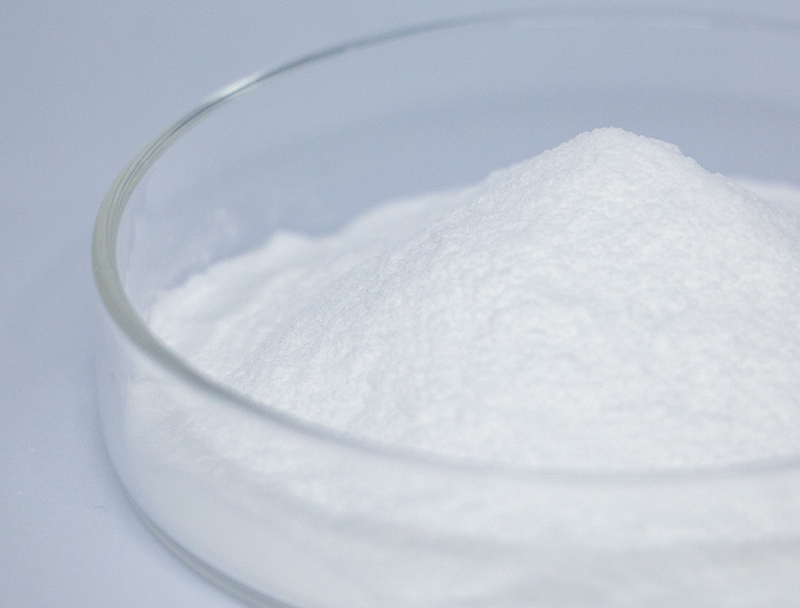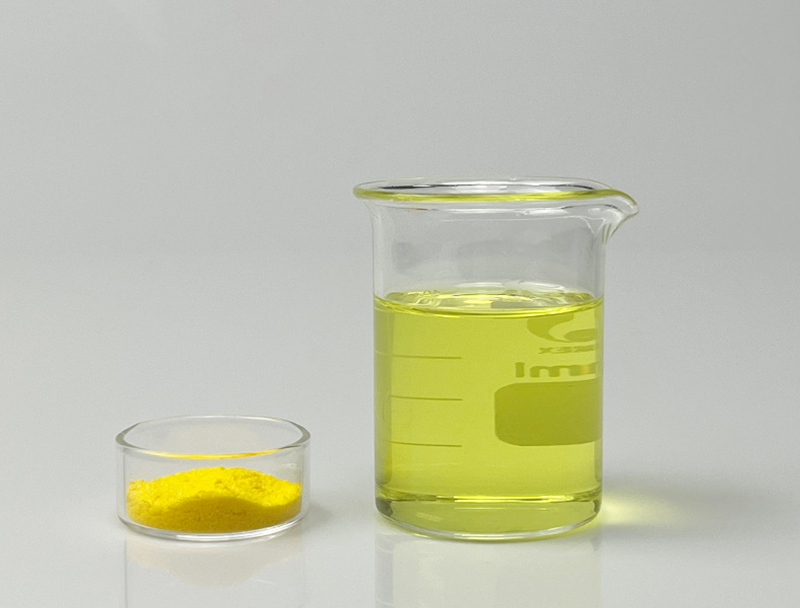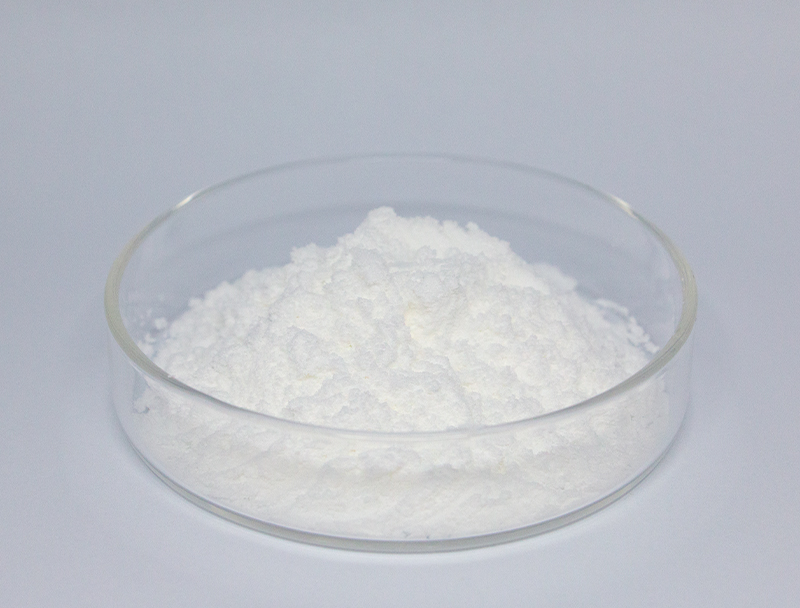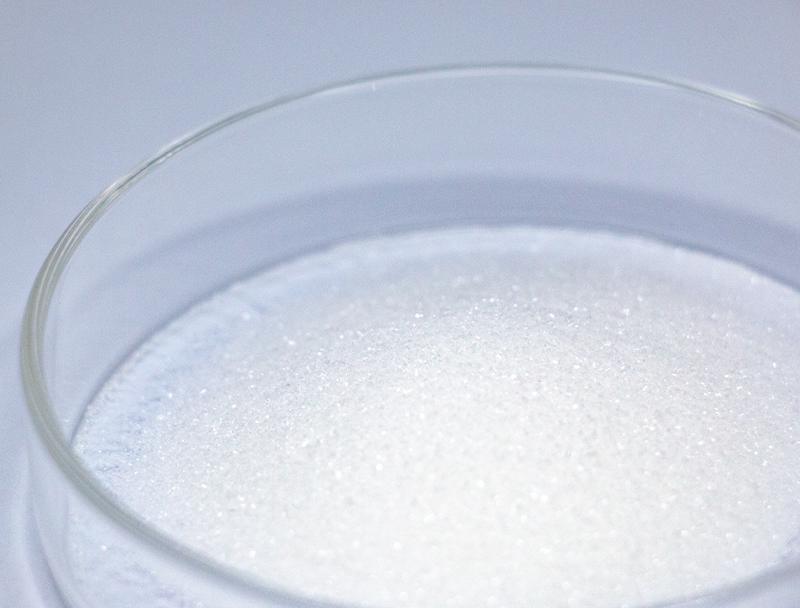
Biomanufacturing relies heavily on a broad palette of raw materials for fabricating next-generation bio-products.
Maintaining continuous ethical sourcing of resources remains essential to industry resilience and responsible expansion.
several issues arising from typical material sourcing including biodiversity loss and excessive resource use. Consequently, biotech firms need proactively to adopt sustainable procurement approaches to reduce environmental impact.
- Instances of green procurement approaches are:
- Harnessing secondary biomass from farming outputs
- Adopting looped production models to decrease loss and amplify reuse
- Aligning with domestic providers that adhere to transparent sourcing
Embracing sustainable procurement produces environmental benefits with profitable potential.
Maximizing Feedstock Quality for Increased Biofuel Output
Maximizing the efficiency of biofuel production relies heavily on the quality and composition of biomass feedstocks. Experts maintain efforts to discover ways to maximize feedstock value, leading to higher yields of biofuels and a more sustainable energy future. Approaches include genomic enhancements to boost biomass growth and processing methods to convert complex lignocellulose into fermentable sugars.
- Also, studies emphasize discovering resources such as seaweed, organic waste, and residual straw to diversify sustainable feedstock supplies for fuels.
- By means of ongoing innovation the biofuel sector can achieve substantial advances soon, shaping a cleaner energy future.

Advances in Biopharmaceutical Manufacturing: Focus on Upstream Operations
covers the early phases of biopharma production including culturing and biological harvesting New innovations across this area have produced enhanced manufacturing methods that boost yields.
Important innovations consist of upgraded cell platforms, customized nutrient matrices, and smart bioreactor solutions. These advances improve throughput while lowering both operational expenses and ecological footprints.
- Concurrently, continuous manufacturing approaches bring amplified flexibility and more consistent upstream outcomes.
- The progression to advanced biomanufacturing approaches should modernize the field and quicken therapeutic progress.

CRISPR and Beyond: Improving Biopharma Production
innovations in genome-editing toolsets have enhanced biopharmaceutical manufacturing. Through controlled genetic modifications, practitioners increase therapeutic protein production. This capability can unlock development of cost-efficient, high-performance biologics for many conditions.
Leveraging Microbes to Tackle Environmental Pollution
innovative solutions for sustainable bioremediation, a critical process for addressing environmental pollution. Selected microbial cultures can remediate contaminants through biodegradation pathways.. Harnessing microbe-based degradation fosters cleanup tactics that minimize environmental disruption and residual waste.. Investigators study multiple microbial strains for abilities to transform metals, degrade agrochemicals, and process petroleum wastes.. These microbes operate in engineered systems or direct environmental applications to metabolize and remove contaminants.
Employing microbial strategies for remediation provides multiple benefits versus traditional techniques. The approach tends to lower treatment costs and avoids producing toxic residuals. Additionally, microbial tactics can target contaminants selectively while preserving surrounding ecological systems. The domain advances quickly, concentrating on raising reliability and performance of microbial cleanup methods.
Informatics-Driven Strategies for Drug Design
Advanced informatics contributes significantly to today’s drug research environment. From target selection to safety profiling, bioinformatics empowers rapid, data-informed therapeutic design.
- With analysis of broad omics and clinical datasets, bioinformatic experts identify targets and model drug effects.
- Concurrently, virtual screening and simulation shape the development of more effective therapeutics.
- Finally, data-driven informatics is changing drug development and hastening patient access to effective therapies.
Synthetic Biology Routes for Elevated Bioproduct Synthesis
implements many strategies to improve microbial output of desired bioproducts. Tactics can encompass genetic engineering to reconfigure metabolism, promoter modulation to adjust expression, and pathway insertion to enable new reactions.. Through careful adjustment of metabolic routes engineers can markedly elevate product titers.
This comprehensive strategy could transform numerous sectors such as pharmaceuticals, farming, and renewable energy.

From Lab to Plant: Challenges and Opportunities in Biomanufacturing Scale-Up
Expanding production volumes poses difficult barriers yet offers substantial opportunities. Sustaining uniform quality across expanded production capacity is a principal challenge. Addressing it demands strong process governance, accurate real-time analytics, and advanced measurement systems.

Another concern is that bioprocessing workflows are inherently complex and multi-staged.. Adapting protocols for industrial scale requires considerable development work and engineering advances.. Nevertheless, the upside can be significant. Effective scale-up may expand patient access to therapies, cut unit costs, and improve margins.
Different initiatives are progressing to solve scale-up constraints. These include the development of new technologies for process optimization, advanced analytics for real-time monitoring and control, and innovative manufacturing strategies.
- Technology development efforts underpin advances in production capability.
- Authorities are revising processes to enable faster clearance of manufacturing innovations and encourage progress.
Regulatory Considerations to Maintain Biopharmaceutical Safety and Performance
Creating biologic medicines requires strict regulatory controls to maintain both patient safety and therapeutic value. Biologic therapeutics bring unique regulatory and manufacturing demands unlike traditional pharmaceuticals.
Bodies like FDA and EMA shape the regulatory landscape and set benchmarks for evaluating innovative therapies..
Stringent experimental and surveillance testing occurs across the entire development-to-market continuum. The processes aim to expose risks and ensure that treatments meet exacting safety benchmarks.
Furthermore, regulatory bodies are constantly evolving their approaches to keep pace with the rapid advancements in biopharmaceutical research.. This includes embracing novel technologies and facilitating the development process while maintaining a commitment to patient well-being.

Plant-Based Biomass Options for Bioplastic Manufacturing
The growing need for sustainable materials has led to a surge in research and development of renewable options. Bioplastics produced from plant biomass form a compelling option for lowering environmental footprint. Materials such as starch from corn, cellulose pulp, and sugarcane biomass are convertible into biodegradable polymers that lower plastic waste concerns.
Moreover, bioplastics can mirror key properties of fossil-derived plastics and fit diverse application needs.. Further innovation is required to mature plant-based bioplastics for broad adoption and circular economic models.
Biotechnology's Potential to Transform Health and Food Supply
Modern biotech tools present opportunities to improve global health and stabilize food production. Through advancements in genetic engineering, synthetic biology, and cell therapies, biotechnologists are developing innovative solutions GABA to combat infectious diseases, improve crop yields, and enhance nutritional value.. A concrete example includes modified crops engineered for pest and stress tolerance that yield more while decreasing pesticide needs. Concurrently, biotechnology drives development of immunotherapies, antibiotics, and diagnostics that play a key role in controlling diseases and improving health metrics. As innovations mature, biotechnology can provide meaningful contributions toward global health and resilient food supplies for future generations.
